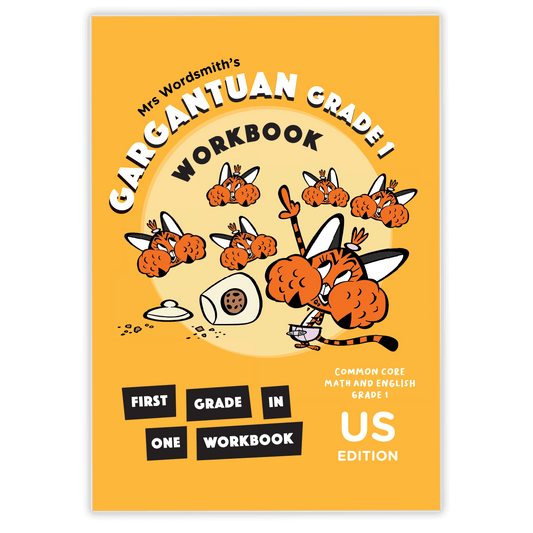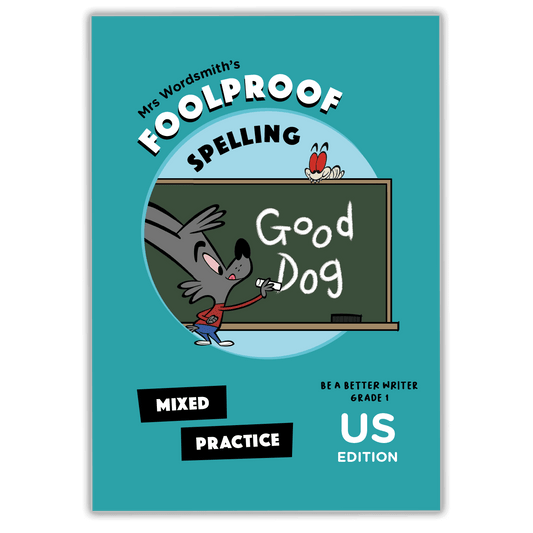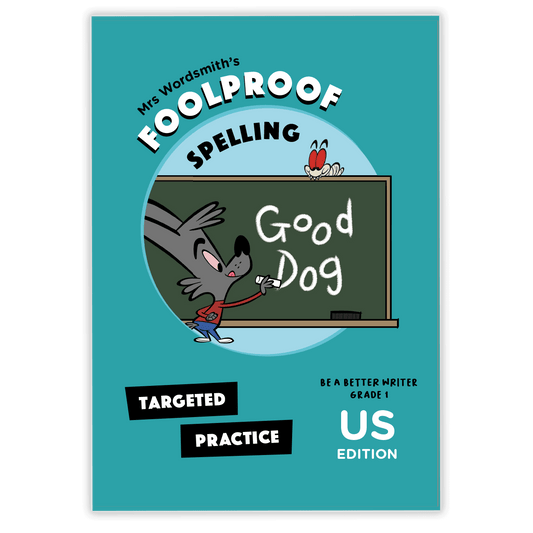Table of Contents:
- Are we suggesting there is a magic vocabulary list? Indeed we are!
- So what are the words kids need to know?!
- Where does our data come from?
- How was our word selection engine created?
Are we suggesting there is a magic vocabulary list? Indeed we are!
There is a wealth of data out there, from exam board grading guidelines to huge collections of literature. And we’ve analysed most of it! (Keep reading…)
Vocabulary is highly correlated with high test scores for reading age, reading comprehension, and verbal reasoning. Why? These tests measure a child’s understanding of language and ability to glean meaning from challenging texts.
Various research studies have traced the difference in students’ academic scores to the difference in their vocabulary breadth [1], [2]. The main reason for this is that being unable to understand words is the most significant barrier standing in the way of text comprehension. In general, every 1,000 words you learn can increase your reading age by about one year.
The research supports our intuition. As parents, we love it when our children show an interest in words. We worry less if they love reading. We smile when our kids use good vocabulary instead of… um, er, whatever (not that we don’t appreciate a well-timed LOL!)
But let’s face it, kids also learn in stages and phases. Sometimes they don’t love reading as much as we wish they did. Sometimes they find reading hard work. With a greater knowledge of vocabulary, words and texts simply don’t look as scary.
The most effective way to learn hard words is through direct vocabulary instruction and repeated exposure. The research is clear on this: kids need guided exploration of words and what they mean. And our mission at Mrs Wordsmith is to make this easy and fun, so it doesn’t feel like homework.
So what are the words kids need to know?!
At a macro level, the words that matter most to academic success are the words that kids encounter in quality, age-appropriate books and the exams they take.
Mrs Wordsmith has a database of the hardest words in 200,000 books. We can tell you the most challenging vocabulary in almost any book, including favourites such as Wonder, the Harry Potter series, the Chronicles of Narnia, and Dogman.
We also know the words that typically appear on major exams and subject-texts, including: -- Words for national curriculum-based examinations such as the SATs and CATs in the UK, or State Assessments the the US
- Words for school entrance examinations such as the UK 7+, 8+, and 11+, and the US SSAT
- Verbal reasoning words STEAM words (science, technology, engineering, arts and mathematics)
- Cross-curricular or argumentation words such as compare, contrast, assess and interpolate -- Words from national word lists for countries such as China
Where does our data come from?
Our database of over 60,000 words is drawn from dozens of sources. We work with partners such as Lexile and Atom Learning, language specialists such as Professor Ted Briscoe at Cambridge University and Professor Susan Neuman at NYU, and a variety of research corpora. The words are all tagged by: Grade level or academic year Subject (e.g. history, science) Theme (e.g. creative writing or analysis).
How was our word selection engine created?
Our word selection engine was created with the sole purpose of helping children in any country improve their reading age and exam results. We don’t want children to waste their time. By cross-tagging and comparing words across the database, we can filter words down to the most useful lists. These are the words that are most likely to appear again and again, at various stages in a child’s academic career. Specifically:
- The database allows us to check for commonalities between lists so that we can prioritise words that appear across a number of lists as the most useful words for children to learn.
- We use our in-house algorithms, combined with Lexile’s levelling and tagging algorithms, to assess word difficulty and classify these words by age, level and subject.
- Our team of data scientists, linguists, and writers add a number of useful metadata for each word, including synonyms, antonyms, and word pairs.
- Word pairs are based on processing large corpora of texts, ranging from newspapers, to literature, to Wikipedia, in order to find which words appear together frequently. This is important because learning a word is not complete unless a child learns how to use it in the context of other words.
- Our machine learning scientists also retrieve lists of related words in order to help us present words in thematic groups. Encountering words in thematic categories helps children better understand and organise them in their long-term memory.
- Our data also uniquely positions us to personalise our digital products to individual kids’ needs in an adaptive way. You will be able to select the types of words you want your child to learn. And the words will increase in difficulty as your child progresses.
So the next time you are peering over your child’s shoulder, worried about what they are laughing about and playing on their device, don’t. That is, as long as it’s from Mrs Wordsmith.

















 https://mrswordsmith.com
https://mrswordsmith.com
Comment
Leave a comment